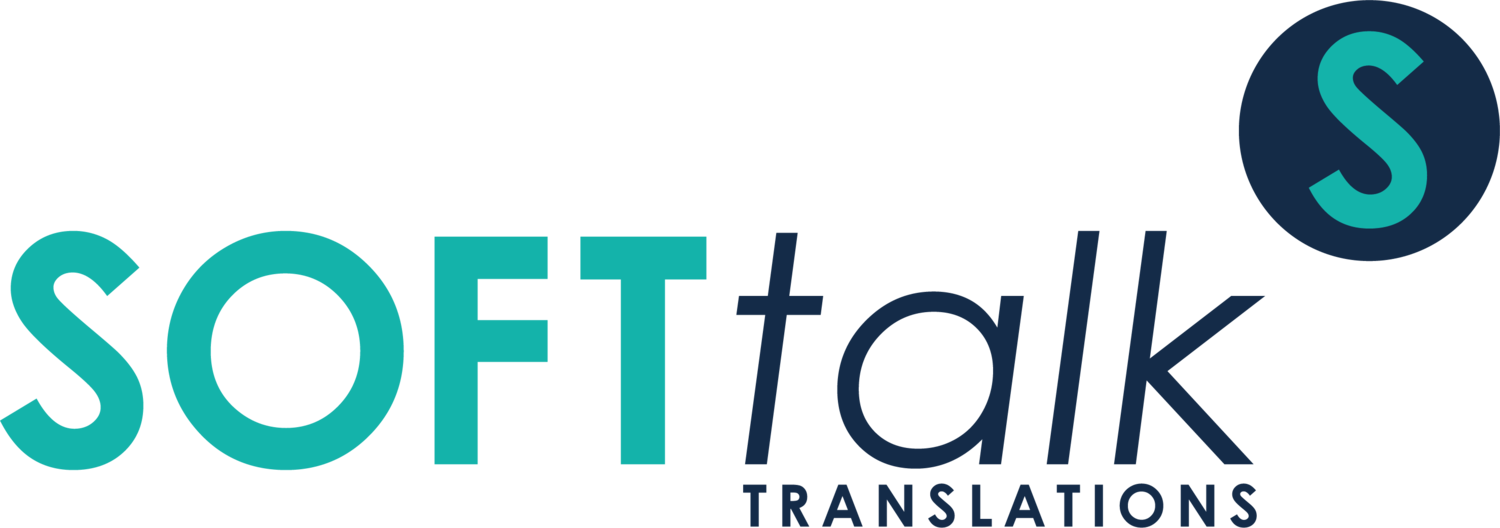
" Once again, we say to you what you already know: SOFTtalk Translations are the best! "
FAQs
Which languages do you work with?
Any language! The most challenging language that we have been asked to translate to date was an obscure dialect spoken only by a small number of indigenous people in deepest Greenland.
What are your most requested languages?
French, German, Italian, Spanish, Dutch, Portuguese, Finnish, Swedish, Danish, Norwegian, Portuguese (Brazilian & European), Greek, Turkish, Arabic, Hebrew, Russian, Hungarian, Romanian, Polish, Czech, Japanese, Chinese, Thai, and Korean.
Do you use in-house or freelance translators?
We only use native-speaking, freelance translation professionals. We consistently work with the same translators to ensure continuity for our clients. They know the quality we expect from them and enjoy working with us.
Where are your translators based?
Most of our qualified (tried and tested) translators are based in their home country, but some are based in the UK — this helps when we need to provide on-site support to customers in the UK when testing their localised software.
What translation software do you use?
We regularly use all the most common applications for text editing, formatting, design, compilation, imaging, and software editing. We use translation memory software to ensure economic efficiency and consistency. By building up a translation memory for your projects, once a phrase is translated for the first time, subsequent occurrences are handled much more quickly and consistently; you are guaranteed to save financially and to see more fluency throughout your projects.
What information do you translate?
We offer full localisation of software products. This includes user documentation, marketing information (press releases, website content, packaging, brochures, banners, and all other forms of marketing assets), as well as more general business documents.
What are your rates for translation?
Our rates are very competitive, and we also don't charge for project management. We are happy to discuss any specific requirements with you, so please get in touch.
Do you offer services beyond translation?
We offer full localisation services – adapting concepts to suit local markets, whether that’s in Eastern Europe, the Middle East, Asia, or beyond. If you require a service that’s outside of our scope of expertise, we can introduce you to one of our established partners.
What is the difference between translation and localisation?
While translation converts your content into another language, preserving your message and making sure that it is suitable for your target markets, localisation takes it a step further by adapting the content in other ways to make it more suitable for each territory. Effectively, localisation adds a new dimension of fluency to your content, rendering it more user-friendly.
